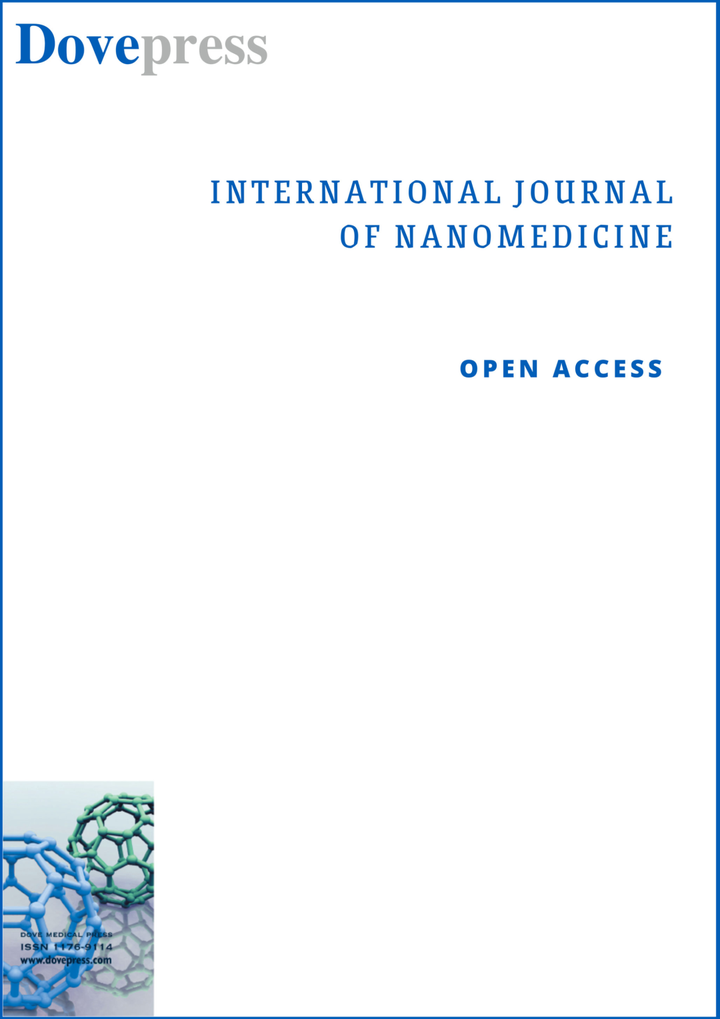Advancing Ovarian Cancer Therapeutics: The Role of Targeted Drug Delivery Systems
IF 6.5
2区 医学
Q1 NANOSCIENCE & NANOTECHNOLOGY
引用次数: 0
Abstract
Abstract: Ovarian cancer (OC) is the most lethal reproductive system cancer and a leading cause of cancer-related death. The high mortality rate and poor prognosis of OC are primarily due to its tendency for extensive abdominal metastasis, late diagnosis in advanced stages, an immunosuppressive tumor microenvironment, significant adverse reactions to first-line chemotherapy, and the development of chemoresistance. Current adjuvant chemotherapies face challenges such as poor targeting, low efficacy, and significant side effects. Targeted drug delivery systems (TDDSs) are designed to deliver drugs precisely to the tumor site to enhance efficacy and minimize side effects. This review highlights recent advancements in the use of TDDSs for OC therapies, including drug conjugate delivery systems, nanoparticle drug delivery systems, and hydrogel drug delivery systems. The focus is on employing TDDS to conduct direct, effective, and safer interventions in OC through methods such as targeted tumor recognition and controlled drug release, either independently or in combination. This review also discusses the prospects and challenges for further development of TDDSs. Undoubtedly, the use of TDDSs shows promise in the battle against OCs.Keywords: targeted drug delivery, ovarian cancer, drug conjugates, nanoparticle, hydrogel
推进卵巢癌治疗:靶向给药系统的作用
摘要:卵巢癌(OC)是致死率最高的生殖系统癌症,也是癌症相关死亡的主要原因。卵巢癌死亡率高、预后差的主要原因是卵巢癌易发生广泛腹腔转移、晚期诊断较晚、免疫抑制性肿瘤微环境、一线化疗不良反应明显以及出现化疗耐药性。目前的辅助化疗面临着靶向性差、疗效低、副作用大等挑战。靶向给药系统(TDDSs)旨在将药物精确地送到肿瘤部位,以提高疗效并减少副作用。本综述重点介绍了将 TDDSs 用于 OC 疗法的最新进展,包括药物共轭给药系统、纳米颗粒给药系统和水凝胶给药系统。重点是通过靶向肿瘤识别和药物控释等方法,独立或联合使用 TDDS 对 OC 进行直接、有效和更安全的干预。本综述还讨论了进一步开发 TDDS 的前景和挑战。关键词:靶向给药;卵巢癌;药物共轭物;纳米颗粒;水凝胶
本文章由计算机程序翻译,如有差异,请以英文原文为准。
求助全文
约1分钟内获得全文
求助全文
来源期刊

International Journal of Nanomedicine
NANOSCIENCE & NANOTECHNOLOGY-PHARMACOLOGY & PHARMACY
CiteScore
14.40
自引率
3.80%
发文量
511
审稿时长
1.4 months
期刊介绍:
The International Journal of Nanomedicine is a globally recognized journal that focuses on the applications of nanotechnology in the biomedical field. It is a peer-reviewed and open-access publication that covers diverse aspects of this rapidly evolving research area.
With its strong emphasis on the clinical potential of nanoparticles in disease diagnostics, prevention, and treatment, the journal aims to showcase cutting-edge research and development in the field.
Starting from now, the International Journal of Nanomedicine will not accept meta-analyses for publication.
 求助内容:
求助内容: 应助结果提醒方式:
应助结果提醒方式:


